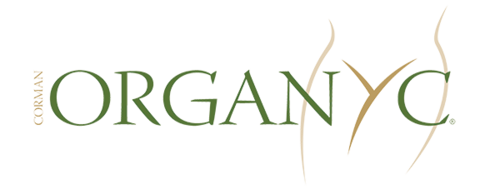When to Talk to Your Child About Periods
Typically, young people begin menstruating at around 12 years old. However, sometimes it can be as young as 8. Therefore, it is important to talk to them about the topic as early as possible. However, it can be an awkward subject to explain to a child. The best way to prepare them is by speaking to them about expecting changes to their body early and often. This can be easier for them to digest than one long conversation about puberty. Answer any questions they have openly and honestly.
Start by asking your child what they already know about puberty. Clarify any misinformation, ask your child if they have any questions, and explain the basics. Share your experiences. Follow up on any health lessons and sex education your child is receiving in school. If your child is resistant to talking, don’t give up.
Your child needs to know the facts about the menstrual cycle and what they should expect when changes happen to their body. Their friends might give inaccurate information. Talking to your child can help eliminate any fears or anxiety they may have, as well as positively influence your child’s body image. Also, the conversations you have with your child about menstruation can lay the groundwork for future talks about dating and sexuality.
Most children are interested in the practical information. Your child might want to know when it’s going to happen, what it’s going to feel like and what to do when the time comes.
Prepare for questions like ‘what is menstruation?’, ‘when will it happen?’, and ‘how long does it last?’. Menstruation means the body is physically capable of becoming pregnant. In the first half of the menstrual cycle, levels of the hormone oestrogen rise, making the lining of the uterus thicken. This lining will nourish a fertilized egg (embryo) if pregnancy occurs. As the lining grows, an egg in one of the ovaries starts to mature. At about day 14 of an average 28-day cycle, the egg leaves the ovary (ovulation). The egg travels through one of the fallopian tubes to the uterus. Pregnancy occurs if the egg is fertilised by a sperm cell and attaches to the uterine wall. If the egg isn’t fertilised it breaks apart, hormone levels drop, and the thickened lining of the uterus is shed through the vagina. This is a period.
No one can tell exactly when a first period will occur. Typically, it starts around two years after breasts begin to develop
Most periods last three to five days, but it is normal for them to last anywhere between two to seven days. The first few periods will likely be light with only a few spots of blood occurring.
Does it hurt? Common symptoms include cramps in the lower abdomen, back or breast tenderness just before and during periods. Headaches, dizziness, nausea, and diarrhoea also are possible. Exercise, warm baths, hot water bottle or painkillers can help.
What should I do? Explain to your child how to use period pads, tampons, period pants, menstrual cups, and the importance of changing them regularly. Stock up the bathroom with various period products. Encourage your child to experiment to find the product that works best.
Will everyone know that I have my period? Explain that period products aren’t visible through clothing. Encourage your child to carry supplies in their bag just in case.
The changes with puberty can be scary but it’s best to be positive. Reassure your child that it’s normal to feel apprehensive about menstruating, but it’s natural and nothing to be worried about – and you’re there to answer any questions.


